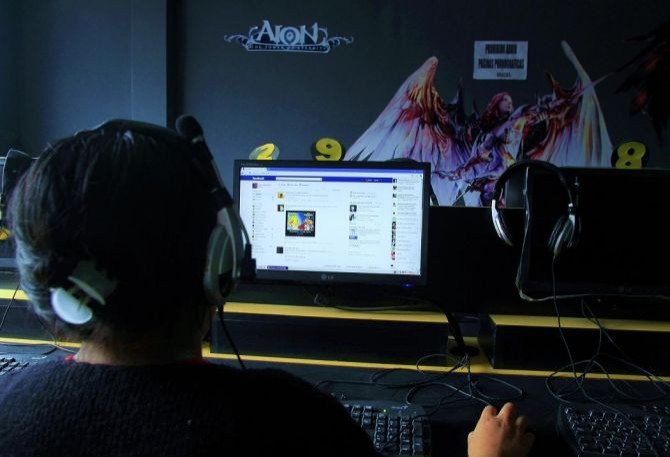Facebook May Detect Adolescent Depression Before Doctors or Parents

Facebook status updates may be useful to diagnose adolescent depression, according to psychologists involved in a new study.
Adolescent and mental health experts say that dark profile postings may sometimes serve as early signs of depression that may warrant timely intervention.
Researchers looked examined status updates of 200 college students at the University of Washington from 2009 to 2010 and found that 25 percent of them had met the American Psychiatric Association's criteria for a symptom of depression reporting “depressed mood, hopelessness, worthlessness, and sleep difficulties including both hypersomnia and insomnia,” the researchers wrote.
Previous research findings indicated that rates of college students reporting depression have increased 56 percent in the last six years, and although 30 to 40 percent of students suffer debilitating depression, only about 10 percent of seek counseling.
“Given the prevalence, consequences, and missed opportunities for recognition and treatment of this common mental health problem, new ways of identifying college students at risk and referring them to appropriate services are warranted. Social networking web sites may present innovative opportunities to identify college students at risk,” the researchers wrote in the study.
However it may be hard to identify which status updates actually indicate depression, and which are just at the moment.
However some doctors have begun to use status updates to complement their usual practice.
"People do post very distressing things. Sometimes they're just letting off steam, using Facebook as something between a diary and an op-ed piece. But sometimes we'll tell the team, ‘check in on this person', "Dr. Gregory T. Eells, director of Cornell's counseling and psychological services told NYT.
Researchers said because “publically available and data suggests more than 90% college students maintain a Facebook profile” these findings show the social networking site presented an “innovative opportunity” to identify students at risk for depression, provide new opportunities to increase student help-seeking behavior, educate students about depression symptoms and promoting their self-awareness.
“Future studies could evaluate associations between displayed depression symptoms and self-reported depression symptoms using a clinical scale, or how to design effective interventions using the health information displayed on social networking web sites,” researchers concluded.
Published by Medicaldaily.com



























